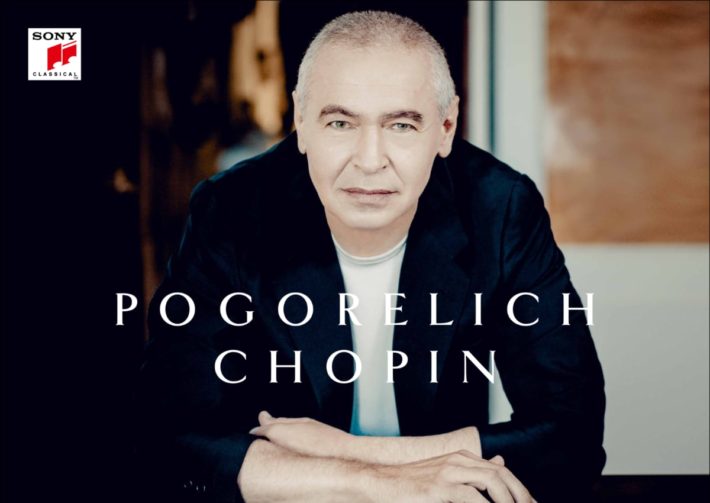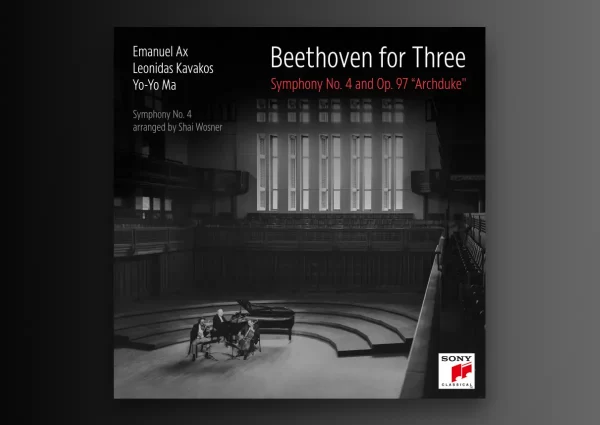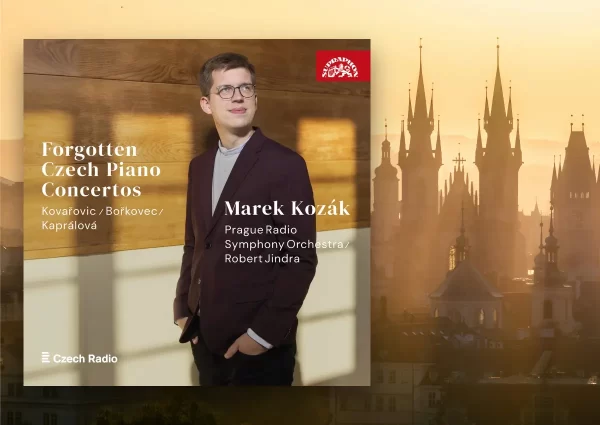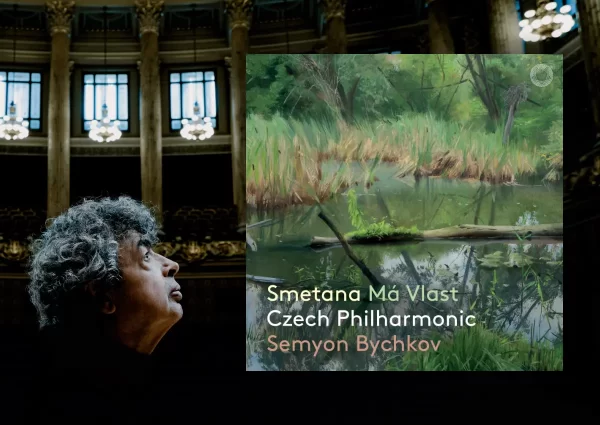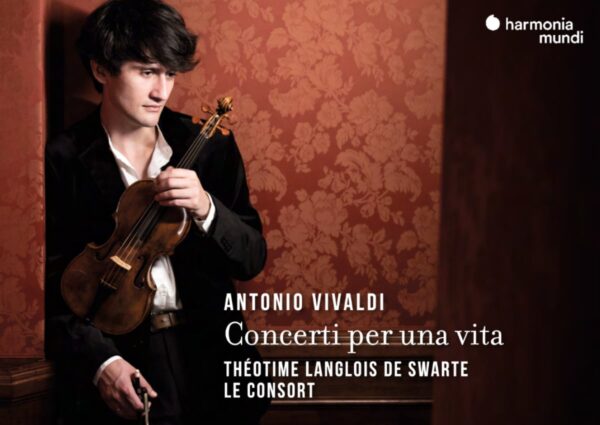This is Pogorelich’s first Chopin recording in more than 20 years – the anticipation is without a doubt great for the pianist whose elimination at the 1980 Chopin Competition caused quite the stir (and none other than Martha Argerich to resign from the jury in protest) and whose subsequent discography has featured the composer on multiple occasions. This new album centers around the late works which he has never recorded before.
Pogorelich is no stranger to unique interpretations, and Op. 48, No. 1 C minor Nocturne is a good example where it concerns phrasing and rubato. His was initially an acquired taste for me (given fine recordings by Lisiecki, Seong-Jin Cho and an especially lovely one by Pires). Upon further listening and reflection, however, things started to make sense: Pogorelich is not going for a quintessentially polished bel canto. Instead, he seeks a more raw depiction of mournfulness and emotional struggle. This does not mean the tone quality isn’t there–the color changes and dynamic gradients are wonderful. The middle section upholds continuity by not dragging, as many recordings do. The finale delivers another surprise, taking the tempo back down, but the swells of intensity are particularly effective and exciting.
The Op. 49 F minor Fantaisie is all about nuance. Pogorelich’s performance reflects what are clearly carefully considered choices, yet nothing sounds forced. The opening section is solemn but pointed articulation adds movement. And beneath the overarching austerity, the pianist reveals several characters amongst the different tonalities. The F minor cautiously creeps forward with a hint of foreboding; the A-flat at 1:28 is a relieved, albeit brief arrival that quickly sinks back into mystery; the D-flat at 1:57 gives warmth before leading us to a fleeting, pastel F major just moments later. What I found interesting was a conscious avoidance of overpedaling throughout, which in turn spotlights Chopin’s intricate writing. While the articulation was a bit too dry on occasions, it does suit the march-like character (6:10 onwards), giving it an invigorating step.
The B minor Sonata, like the Op. 48, No.1 Nocturne, again reflects Pogorelich’s maverick but still captivating musical choices. Many recordings treat the opening of the Allegro Maestoso as just that – a majestic, maybe even imperturbable phrase. If we can look past his deliberate stops and goes, what emerges is a duality of steadfastness in the louder moments and rumination in the softer ones. The D major second theme is one instance where a little less rubato would do for the sake of continuity, but the tone quality is nonetheless exquisite, putting the bel canto passage into an almost diaphanous light.
Related Posts
- Review: Ivo Pogorelich Plays Beethoven and Rachmaninov
- Review: Chopin – Complete Nocturnes – Jan Lisiecki
- Review: Four Recent Chopin Albums (2021)
The opening of the Scherzo has an effortless clarity to it, and like parts of the movement that came before, also has a wispy translucence that we’d almost be afraid to lose should we divert our attention. The middle offers a soothing calm that contrasts nicely with the vivacity of the outer sections. As for the Finale, Pogorelich takes the “non tanto” marking attached to the Presto more literally than, say, William Kappell, in his 1950s landmark. Where Kappell plays with bravado and an edge-of-the seat excitement, Pogorelich again relishes in contemplation, almost as though he’s considering how the movement unfolds before his eyes. His interpretation reminds me a bit of Cyprien Katsaris’. Although Katsaris opts for a faster pace, he does bring out some carefully chosen inner voice movements we might otherwise overlook.
The sound engineering brings the piano up-close so that we can hear the mellowness of the soft tones, although I did sense a brassiness in the upper register in the louder moments. Katharina Hirschmann’s liner notes balance the artist’s perspective with a concise rundown of the works presented. What I appreciated most, however, was the honesty: an elegantly articulated disclaimer states that what’s presented is “far from easy listening.” This is indeed true – this release isn’t for the faint-of-heart. It speaks, however, to what Pogorelich finds special in Chopin’s music. And for me, it represents a choice to uphold artistic conviction even if that means eschewing merely ‘pleasant listening’. With a bit of patience and open-mindedness, one will certainly be rewarded with an illuminating set of interpretations.

Chopin
Ivo Pogorelich – Piano
Sony, CD 19439912052
Recommended Comparisons
Read more classical music reviews or visit The Classic Review Amazon store
Follow Us and Comment:
Get our periodic classical music newsletter with our recent reviews, news and beginners guides.
We respect your privacy.

